Blue Marine ambassadors Theo James and national treasure Stephen Fry star in grotesque new film exposing the UK’s dirty fishing secret
View more30 April 2025
We use cookies to help you navigate efficiently and perform certain functions. You will find detailed information about all cookies under each consent category below.
The cookies that are categorised as "Necessary" are stored on your browser as they are essential for enabling the basic functionalities of the site. ...
Necessary cookies are required to enable the basic features of this site, such as providing secure log-in or adjusting your consent preferences. These cookies do not store any personally identifiable data.
Functional cookies help perform certain functionalities like sharing the content of the website on social media platforms, collecting feedback, and other third-party features.
Analytical cookies are used to understand how visitors interact with the website. These cookies help provide information on metrics such as the number of visitors, bounce rate, traffic source, etc.
Performance cookies are used to understand and analyse the key performance indexes of the website which helps in delivering a better user experience for the visitors.
Advertisement cookies are used to provide visitors with customised advertisements based on the pages you visited previously and to analyse the effectiveness of the ad campaigns.
The latest stories from the front-line of ocean protection
30 April 2025
Types
Topics
Places
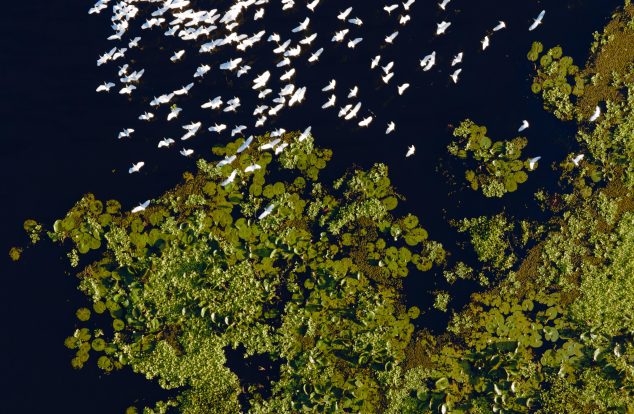
Stay informed with the latest top ocean stories—climate impacts, marine life discoveries, coastal policies, and innovations in ocean conservation.
25 July 2025
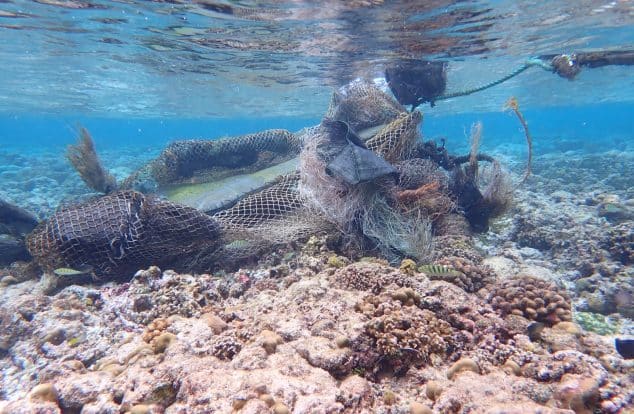
In a landmark ruling, the General Court of the European Court of Justice sided with Blue Marine, demanding the European Commission review its recent decision to block a crucial new measure aimed at protecting tuna stocks in the Indian Ocean.
25 July 2025

The ruling sets a legal precedent, increasing transparency and access to justice for campaign groups challenging EU decisions that undermine environmental law.
25 July 2025

Stay informed with the latest top ocean stories—climate impacts, marine life discoveries, coastal policies, and innovations in ocean conservation.
25 July 2025
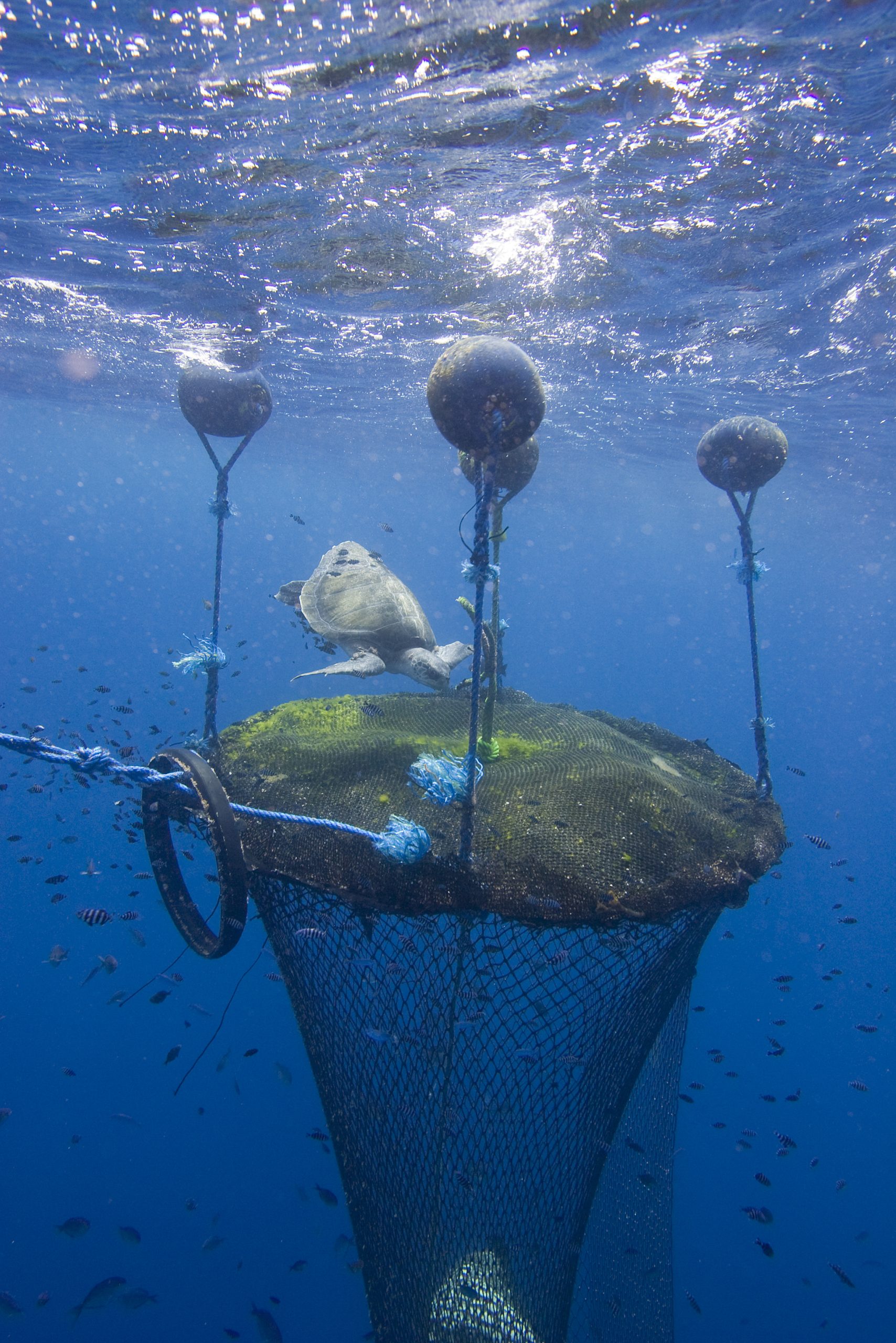
In a landmark ruling, the General Court of the European Court of Justice has sided with Blue Marine in our challenge against the European Commission, marking a major step forward for environmental justice and ocean protection.
25 July 2025
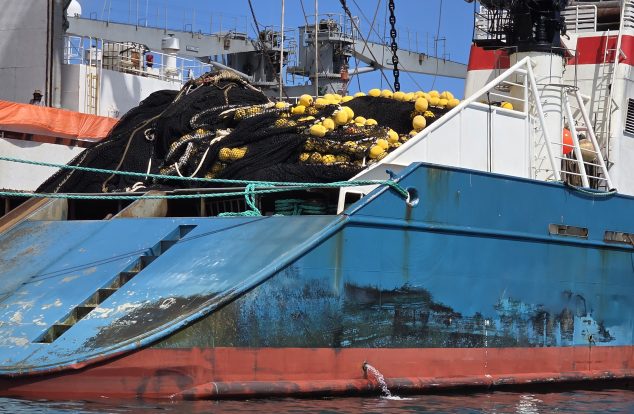
The report’s publication brings to light the true and hidden costs of the tuna sold in most UK supermarkets.
22 July 2025
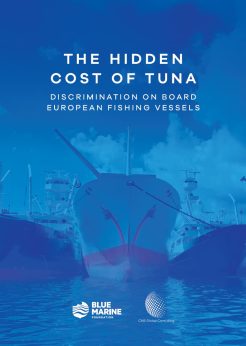
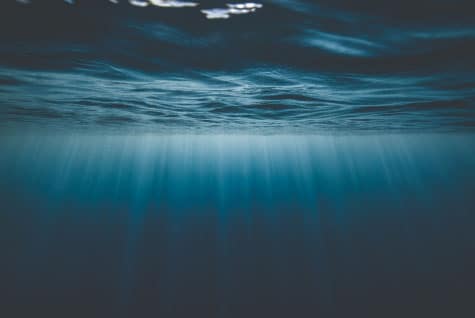
New report amplifies first-hand accounts of discriminatory treatment faced by many West African crew members working on board European vessels.
23 July 2025
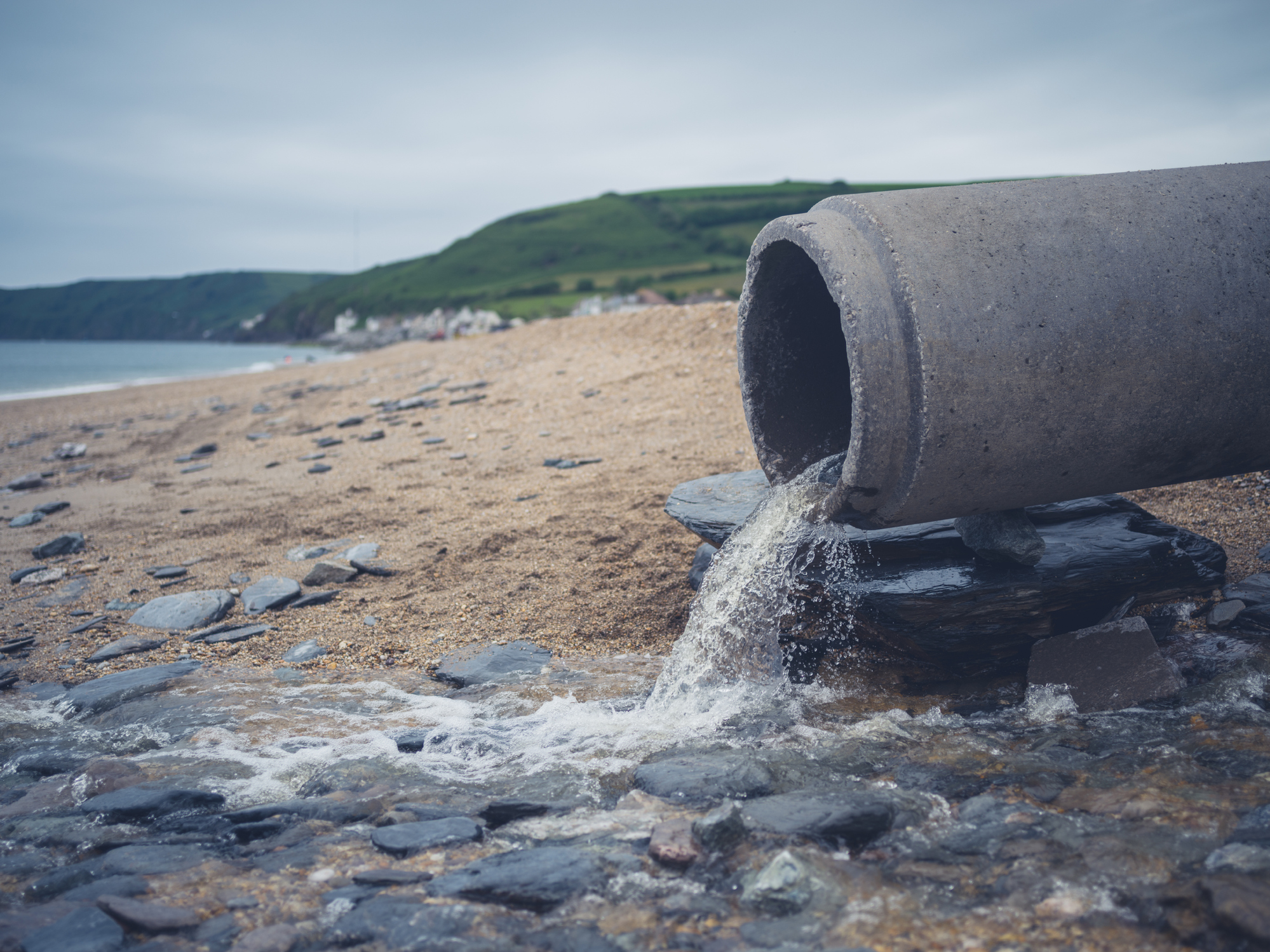
Conservationists have welcomed the Environment Secretary, Steve Reed’s, undertaking to halve sewage pollution to rivers and coastlines in the next five years.
21 July 2025
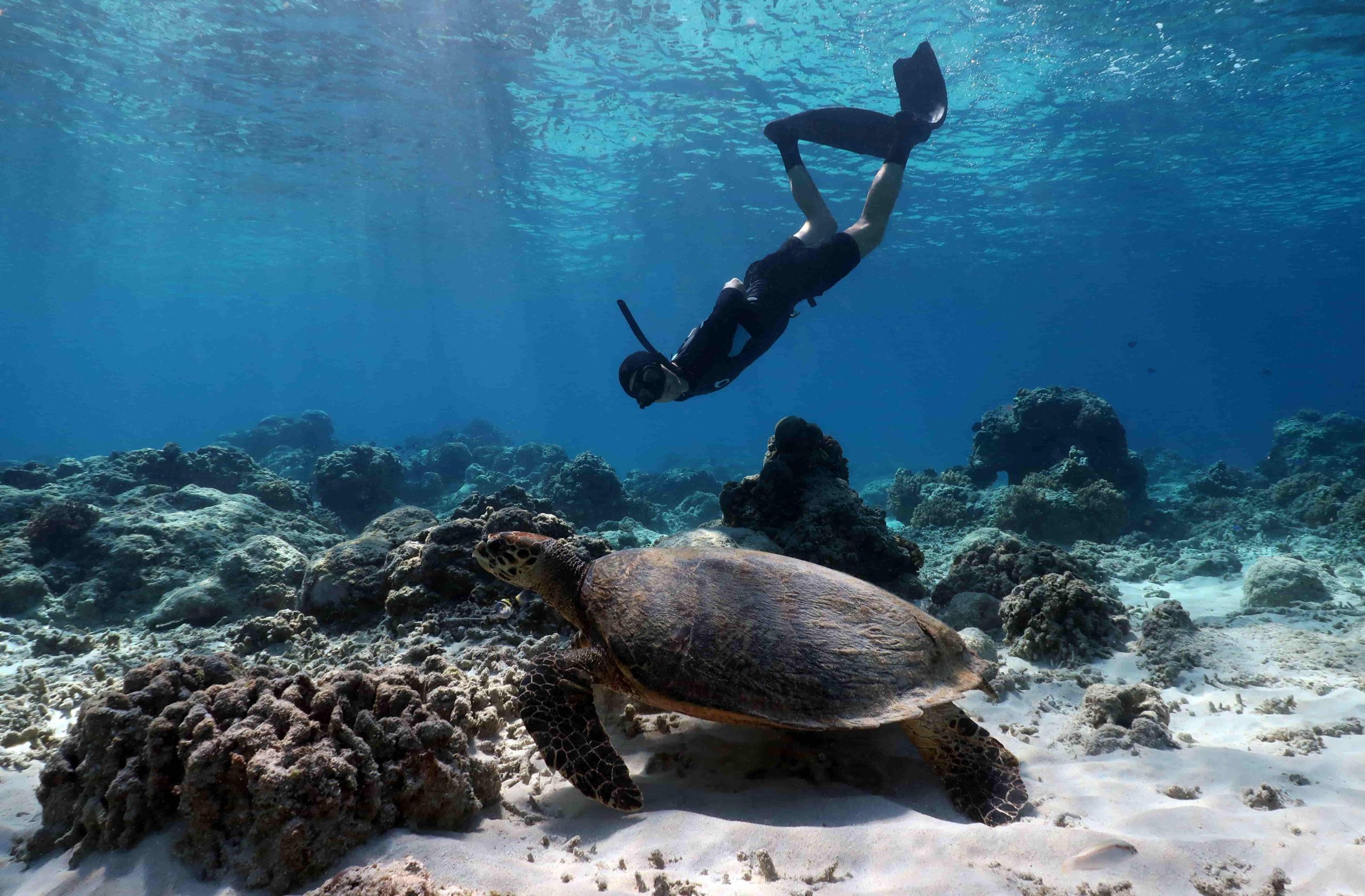
Stay informed with the latest top ocean stories—climate impacts, marine life discoveries, coastal policies, and innovations in ocean conservation.
18 July 2025
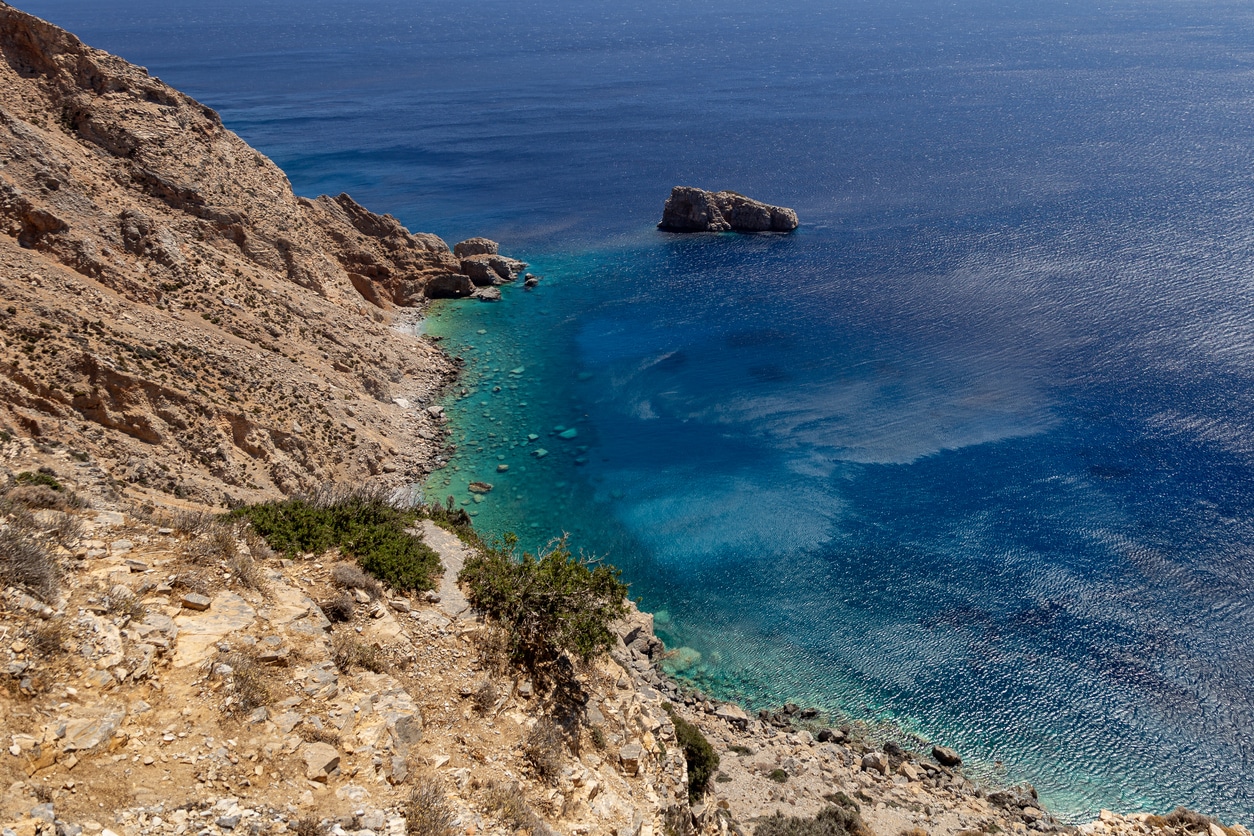
For generations, the fishers of Amorgos relied entirely on the Aegean Sea for their sustenance and way of life.
17 July 2025
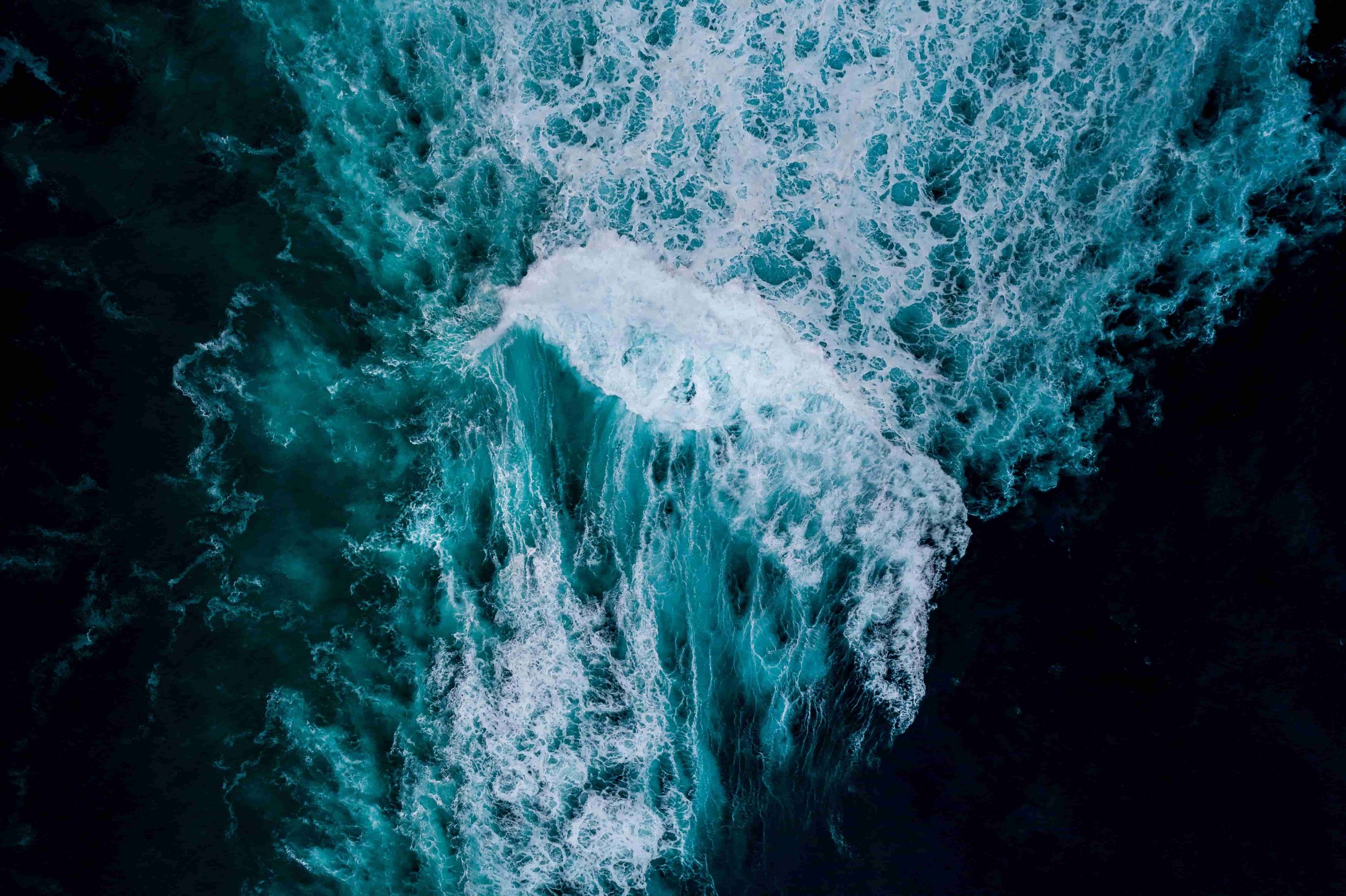
Oceanographic Magazine talk on the science behind Ocean with David Attenborough and the necessity to ban bottom trawling.
17 July 2025
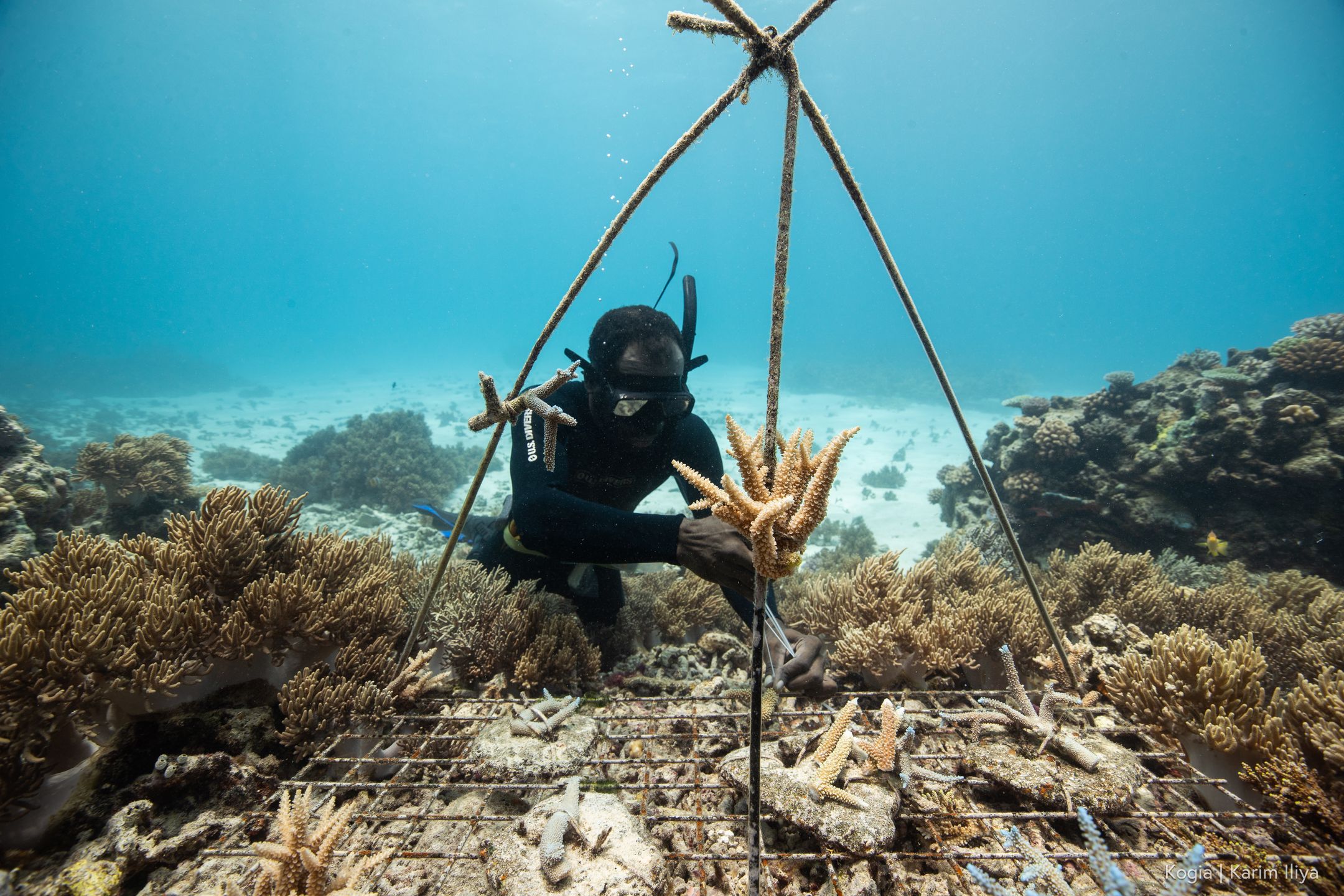
This podcast focuses on key UNOC outcomes and the latest MPA developments in the UK with Clare Brook, Blue Marine’s CEO.
16 July 2025
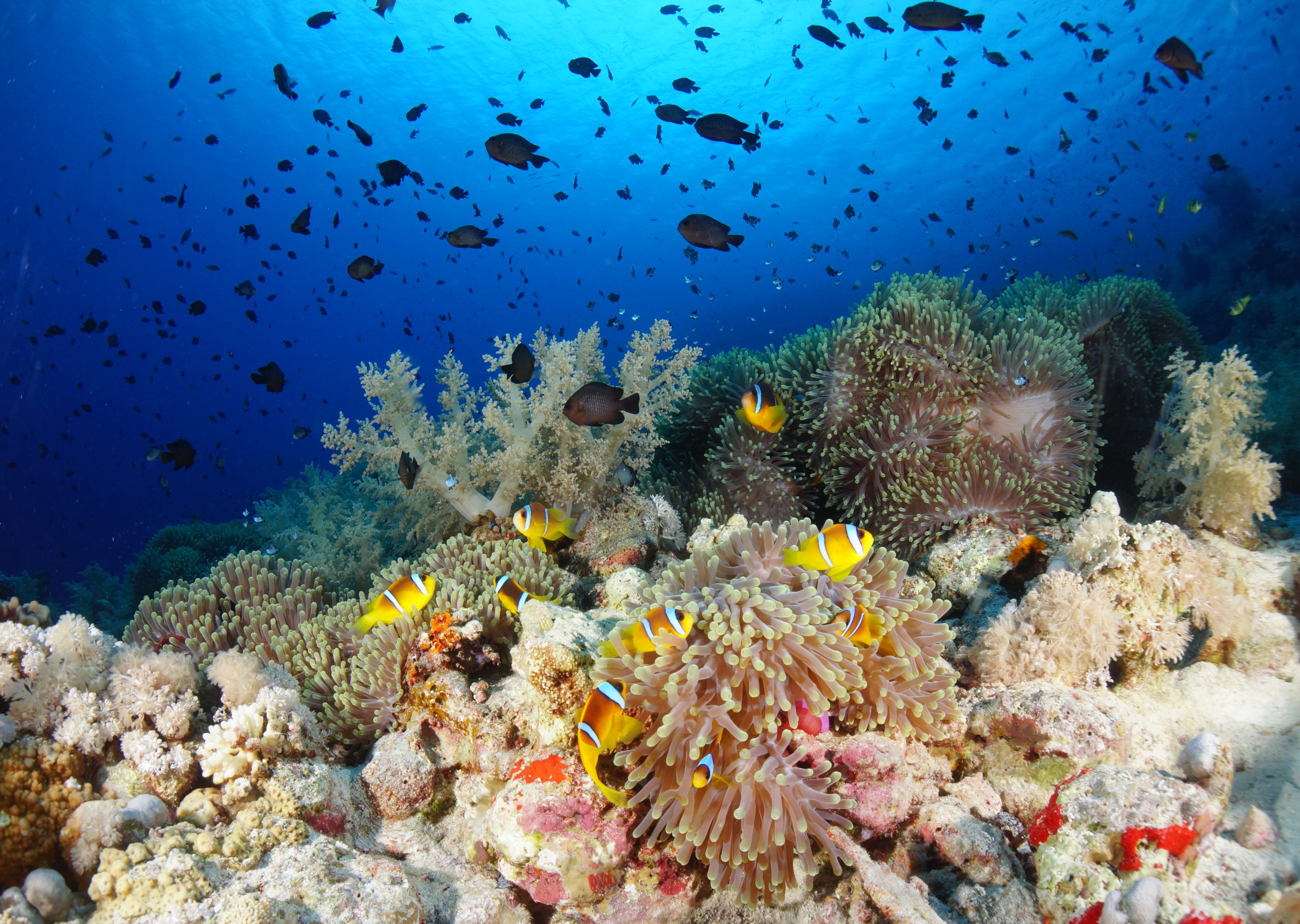
Stay informed with the latest top ocean stories—climate impacts, marine life discoveries, coastal policies, and innovations in ocean conservation.
11 July 2025
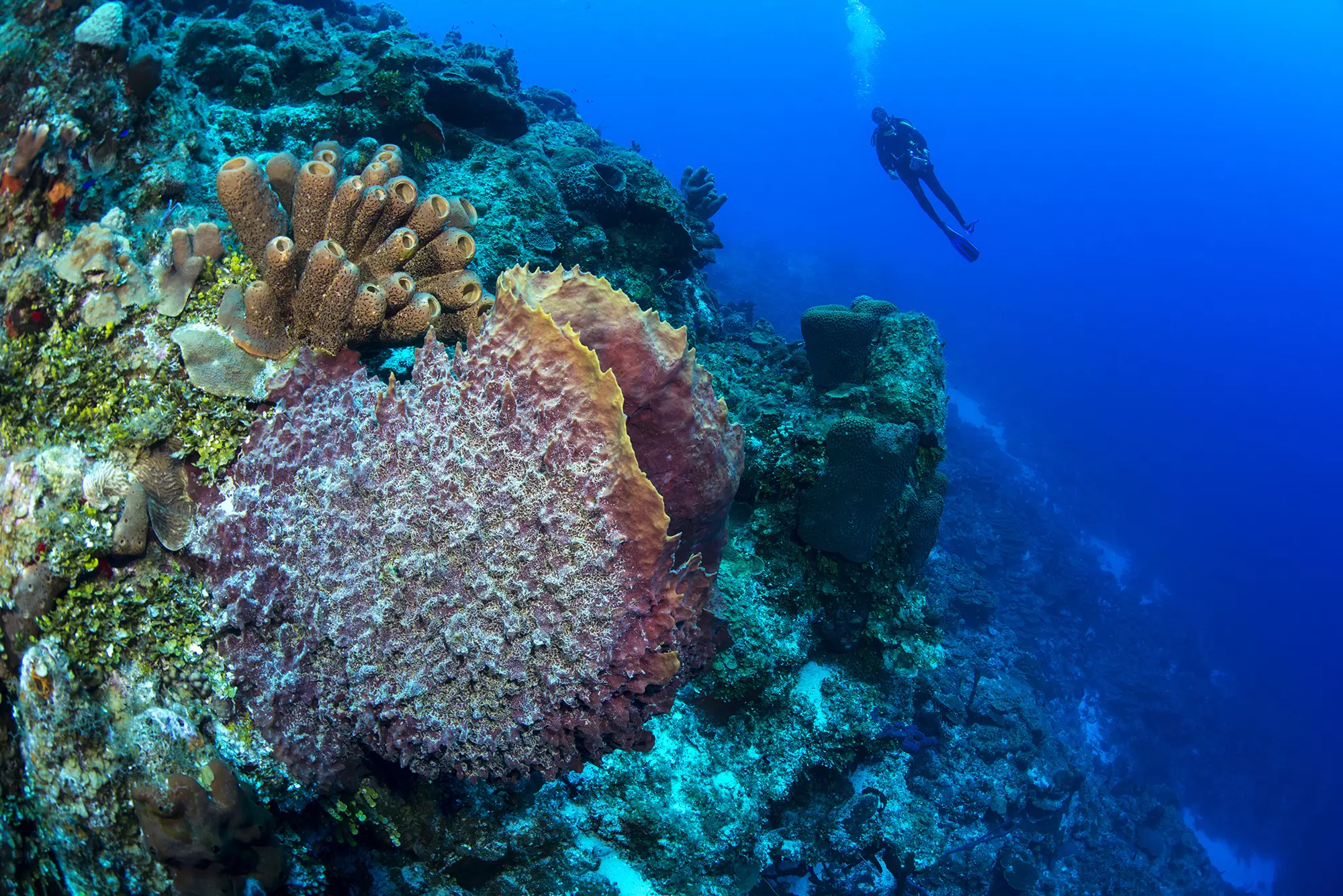
Stay informed with the latest top ocean stories—climate impacts, marine life discoveries, coastal policies, and innovations in ocean conservation.
04 July 2025
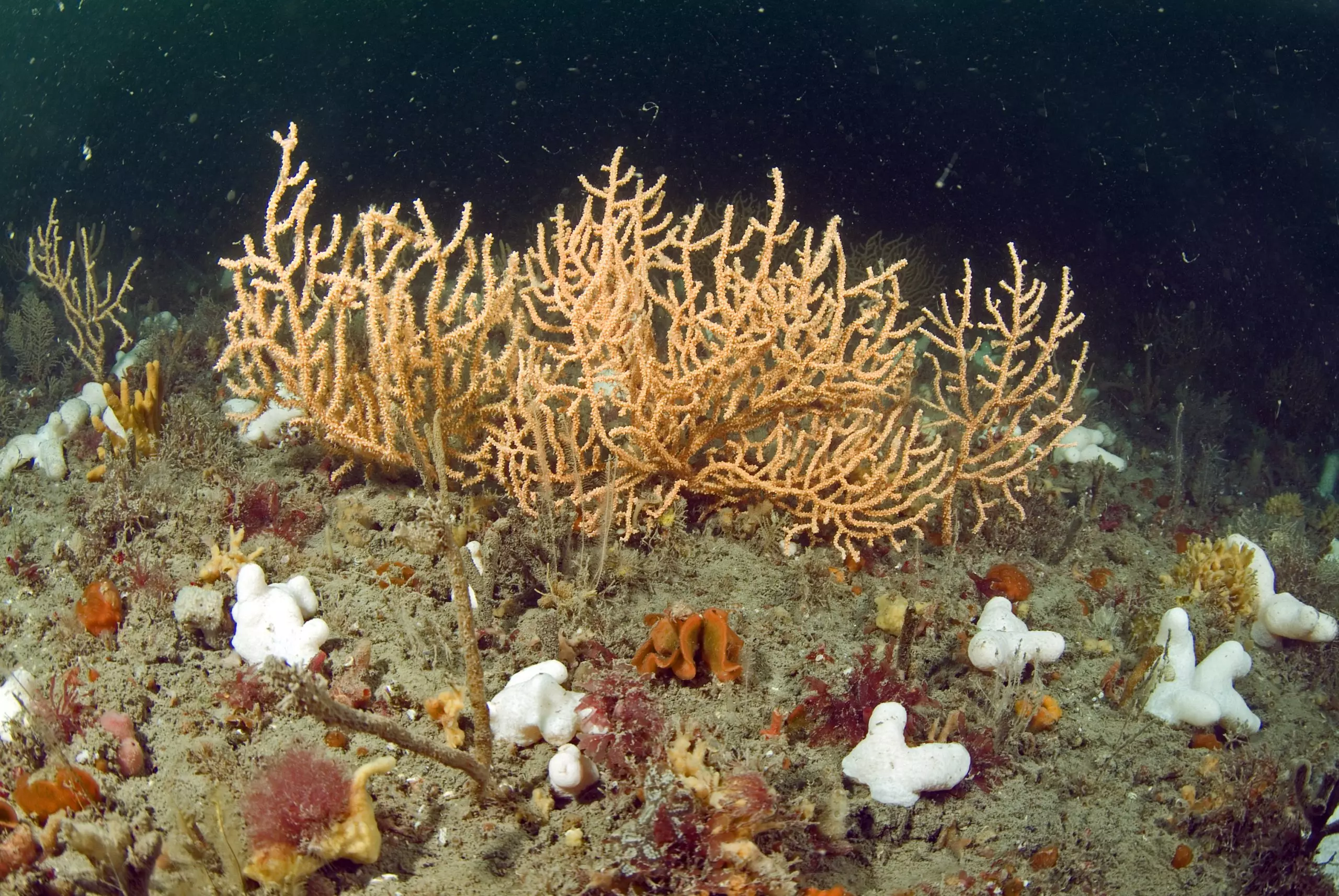
03 July 2025
We respect your privacy. By subscribing to our email list, you agree to our Terms & Conditions.
We respect your privacy. By subscribing to our email list, you agree to our Terms & Conditions.